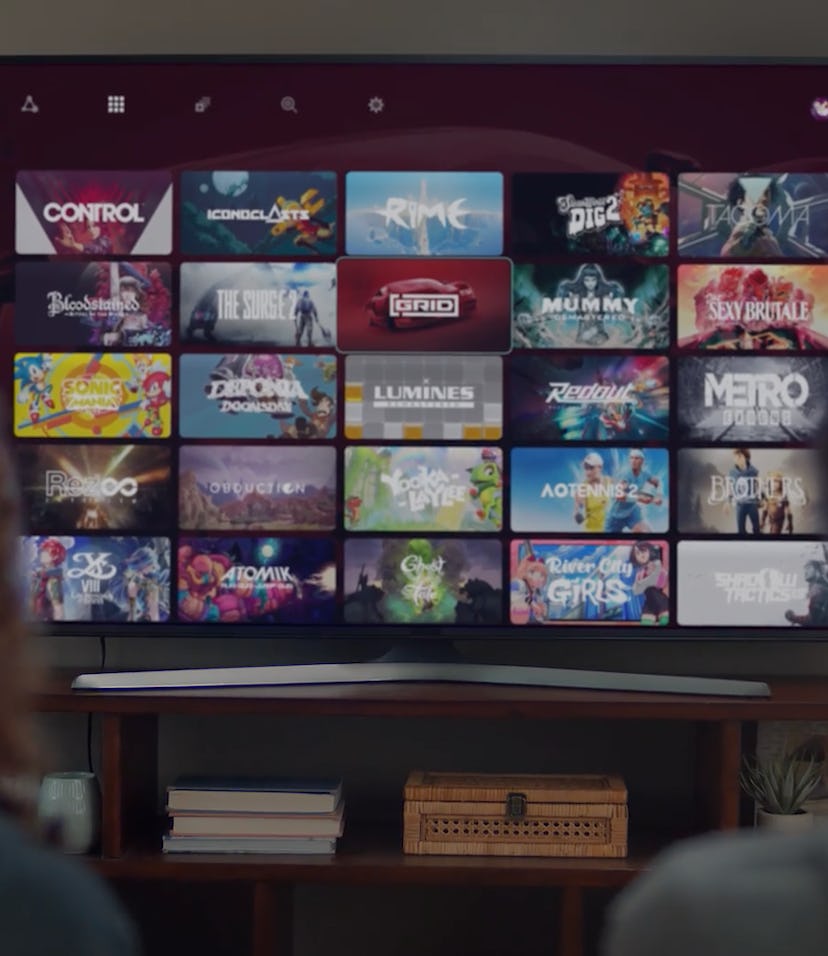Gaming
Amazon Luna's workaround for game streaming on iOS is awful
Apple will use this to say that the App Store has competition on the open web. But it's BS.

Amazon announced this week that it's throwing its hat in the cloud game streaming ring. Its new Luna service is much like Google Stadia in that at launch it will offer games from an assortment of publishers and allow gamers to stream directly to Twitch. Users choose a game they want to play, like Far Cry, and can play it from any device with the requisite specs and an internet connection. But, like Stadia, Luna's not allowed into the iOS App Store thanks to Apple's byzantine rules regarding these new game streaming services.
The idea with game streaming is that by making console games accessible over the web, the market for video games will expand greatly because people won't have to shell out for expensive hardware.
This is janky — Amazon found another way for iOS users to stream console-quality games to their devices that bypasses the App Store — the web browser. When gamers gain access to Luna (a beta is forthcoming), they'll be able to open a website in their mobile browser and stream games from there. With a proprietary controller that connects over Wi-Fi, latency between inputting commands and seeing action in-game is supposed to be minimal. Amazon in essence is streaming a game to you like it's a streaming video while you send commands back for your in-game character as though they were mouse clicks. The company's vast AWS network means that you shouldn't ever be physically far from a server hosting your game.
Growing pressure on Apple — The company behing the iPhone and iPad has been aggressively attacked of late over its strong grip on apps that run on iOS. Users are not allowed to download apps outside the App Store, where Apple demands a share of profits and blocks apps it says fail to meet rules that it alone determines. It says that its guidelines are meant to protect iOS users and that the fees are fair because the App Store provides a large audience of customers. Critics think its rules harm competition and are a money making scheme designed to ensure it gets a cut of every subscription or in-app purchase.
Apple will likely use Luna as an example of a service that's able to compete outside the App Store, but don't be confused — this solution is not equivalent to a native iOS app. Web apps cannot send push notifications, for one. They also cannot get an icon on the homescreen, unless users are savvy enough to know how to jump through a few hoops and create a shortcut themselves. Many native features of iOS, like widgets, aren't supported for web apps. If you're not willing to kiss the ring, your app will have a janky experience. And if a publisher is blocked from the App Store and cannot afford to spin up to server farms to launch its own cloud gaming service, it's SOL. Plus, high-quality games cannot run on HTML5 web technology.
Pushing for change — It would be better if developers simply had more freedom to let users install apps outside the App Store. It's been noted that iOS is the largest general-purpose operating system that doesn't allow people to download apps elsewhere — Google is being attacked for the fees its charges in its Play Store, but on that OS you're allowed to download apps on the web or from alternative stores.
Apple loosening its rules and fees in the App Store would even be an improvement — a coalition including Tinder and Spotify is hoping for that. But as it stands, developers feel the combination of high fees and rules are onerous, and Apple says they can either comply or get locked out of the biggest mobile OS in the U.S.
Either way, don't let Apple convince you that a web app is the equivalent of a native app. It isn't. Not by a long shot.